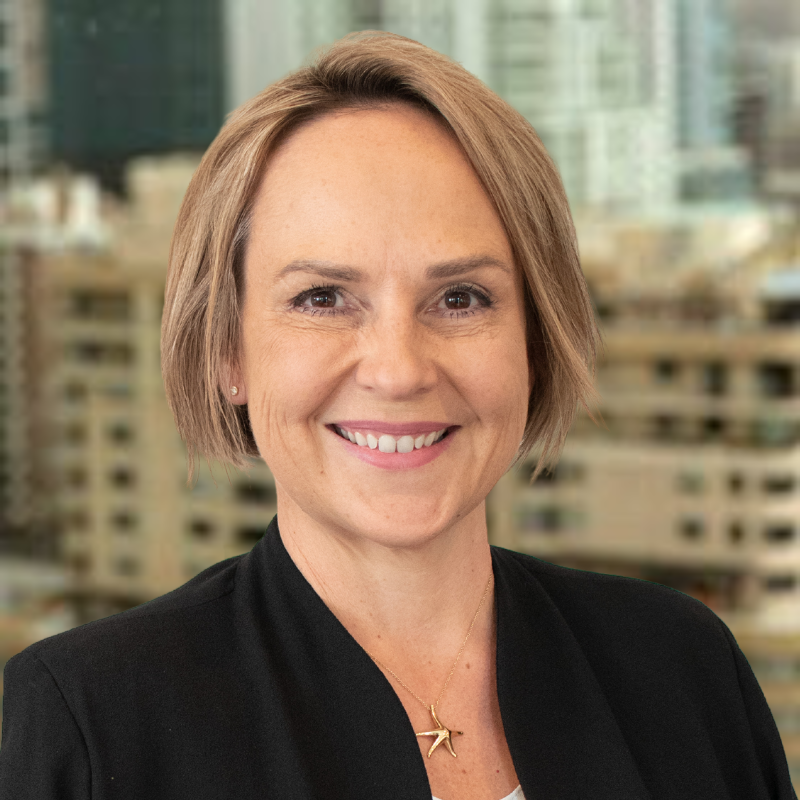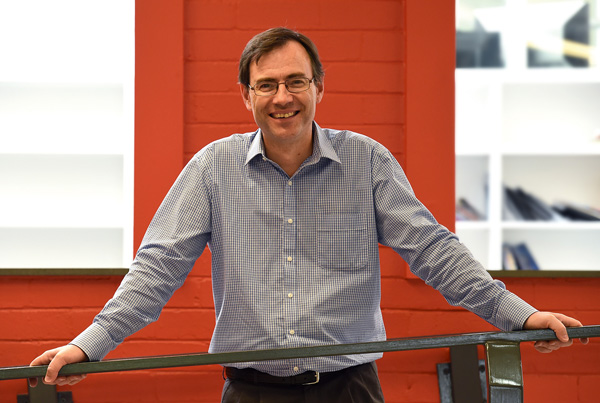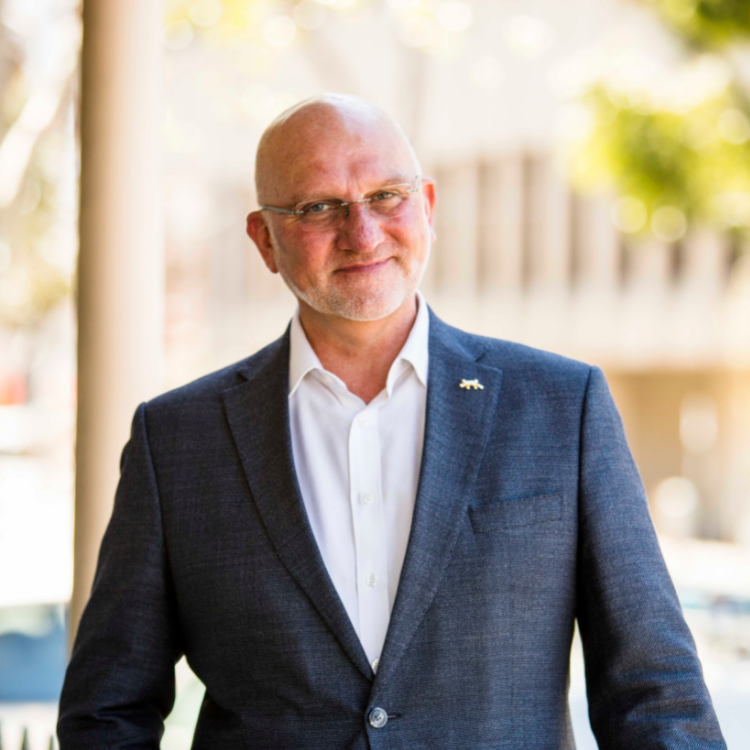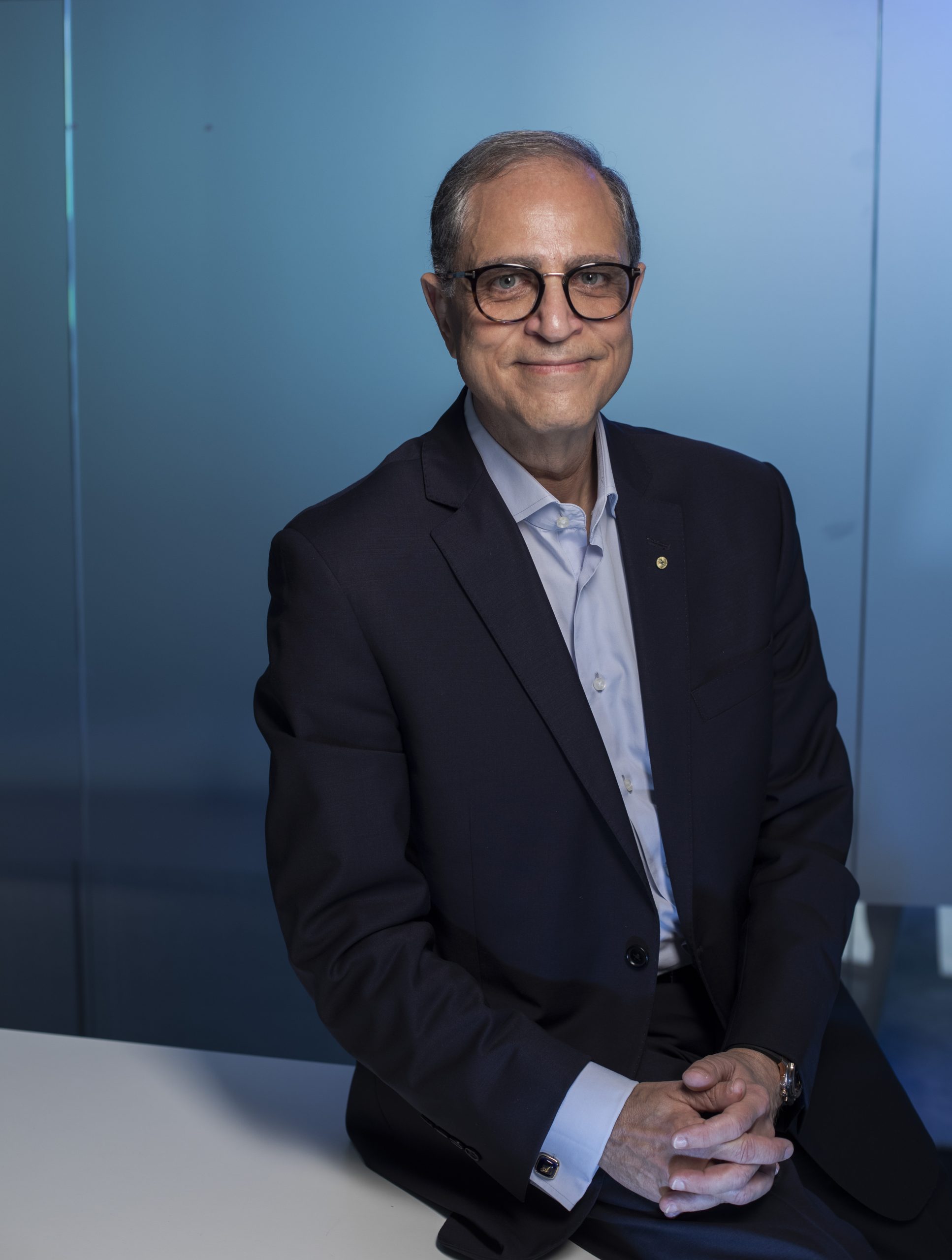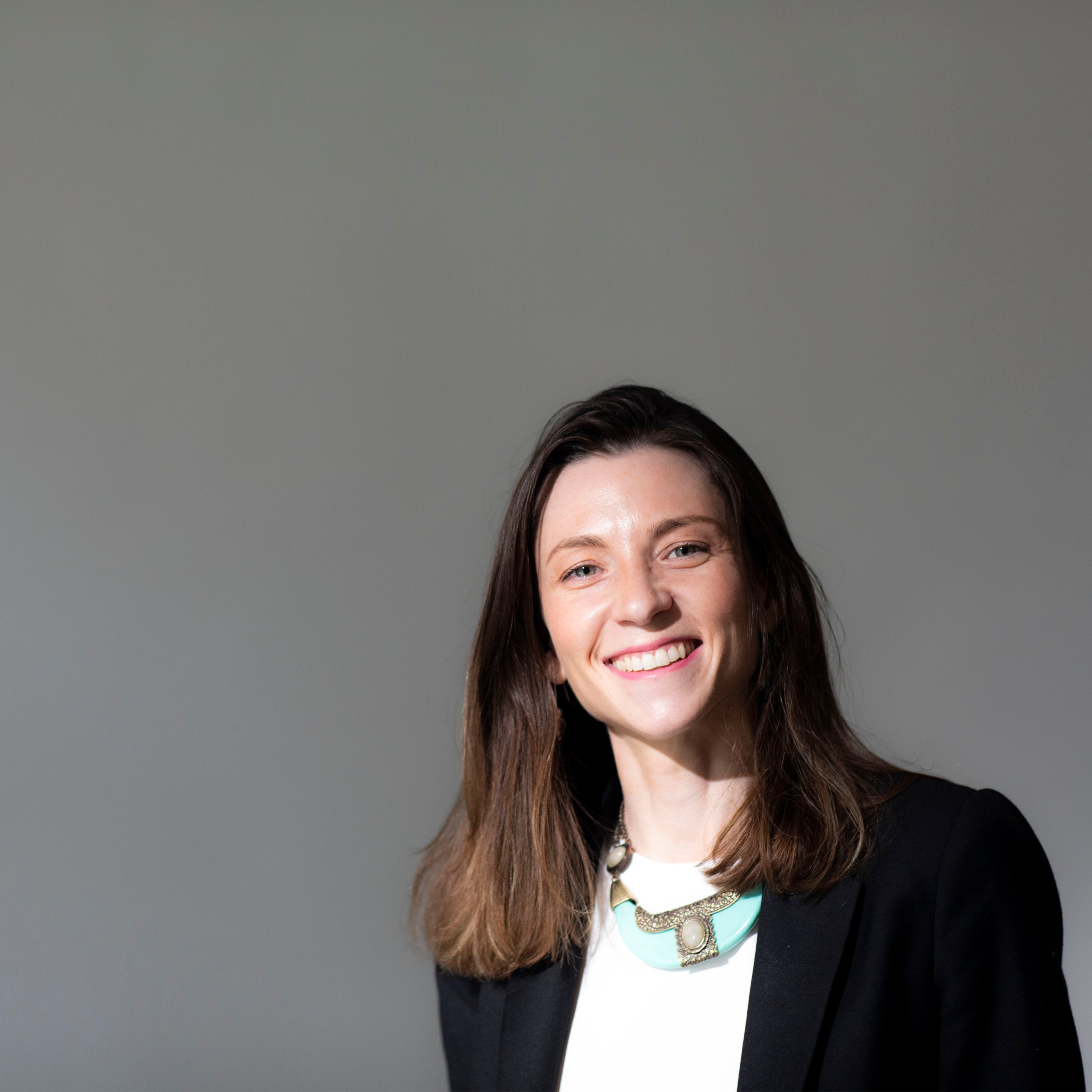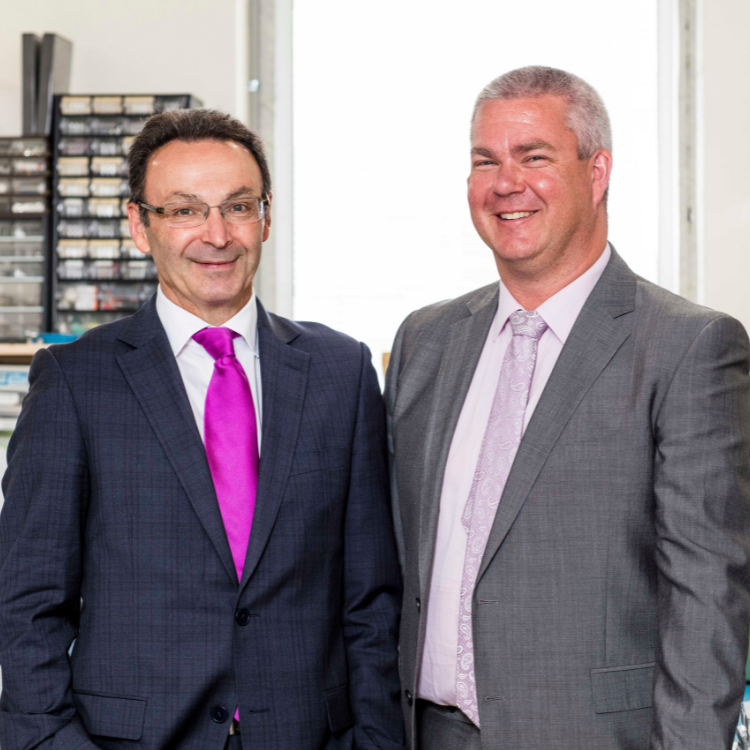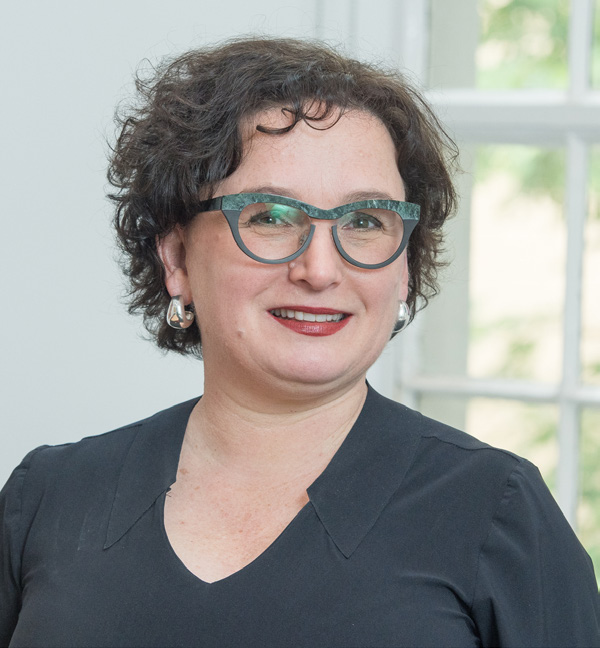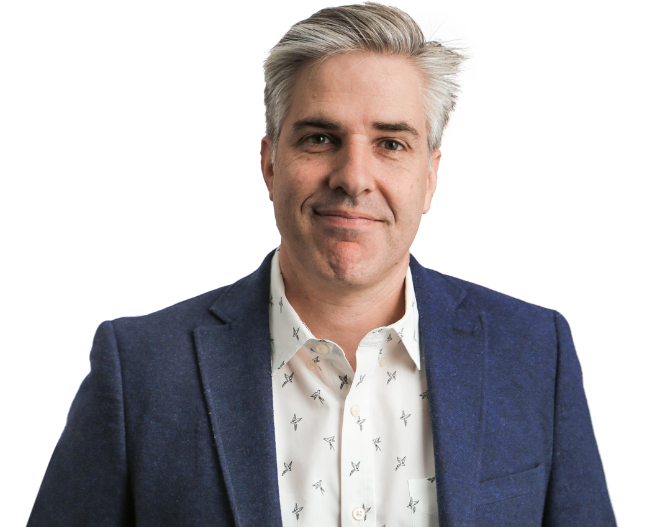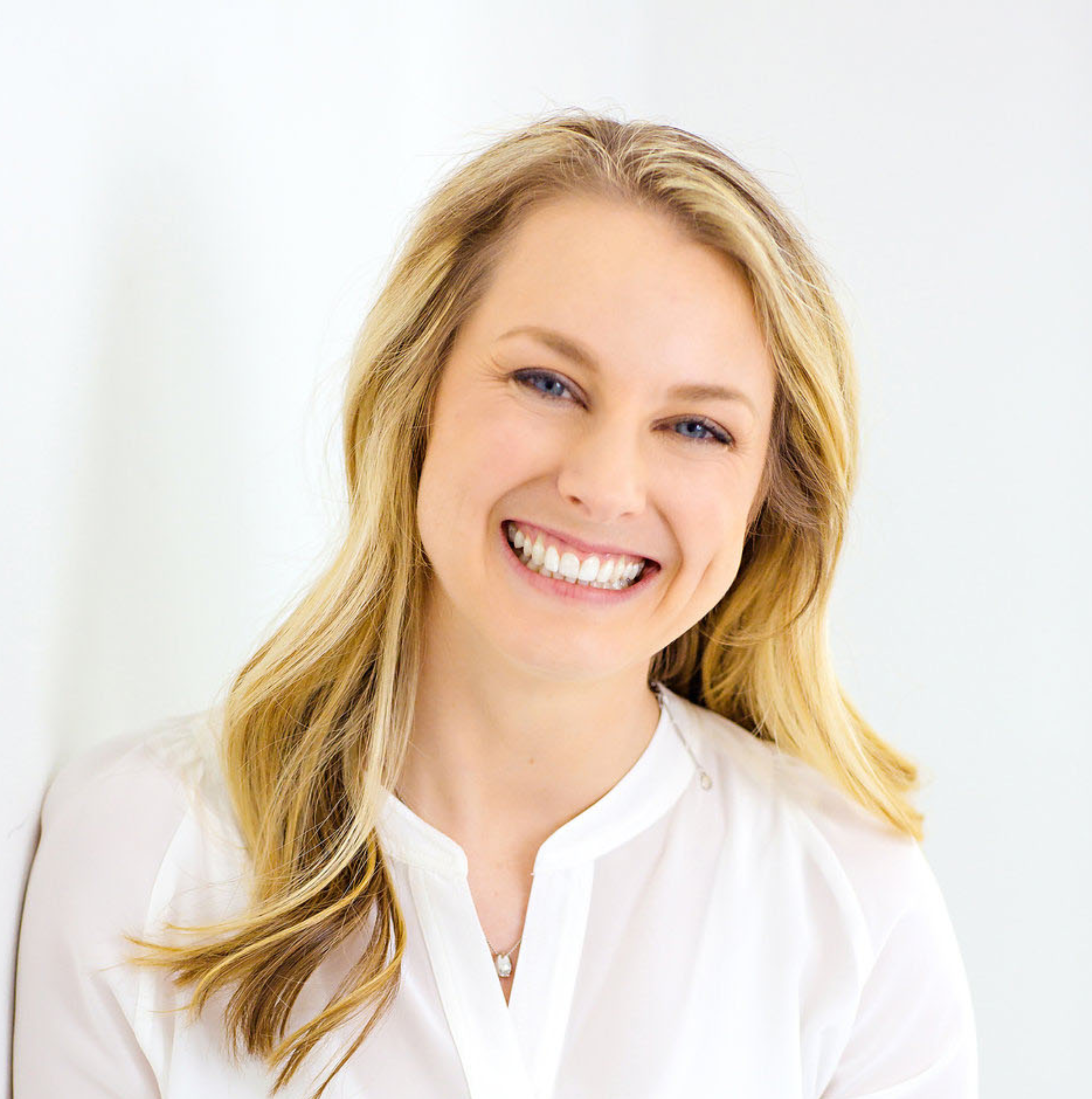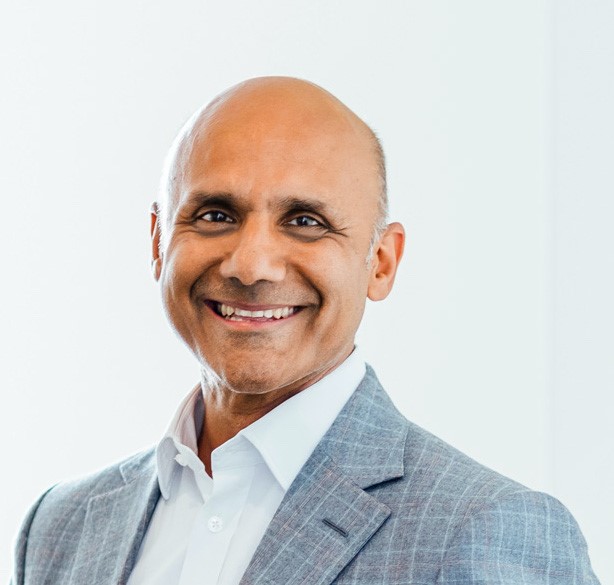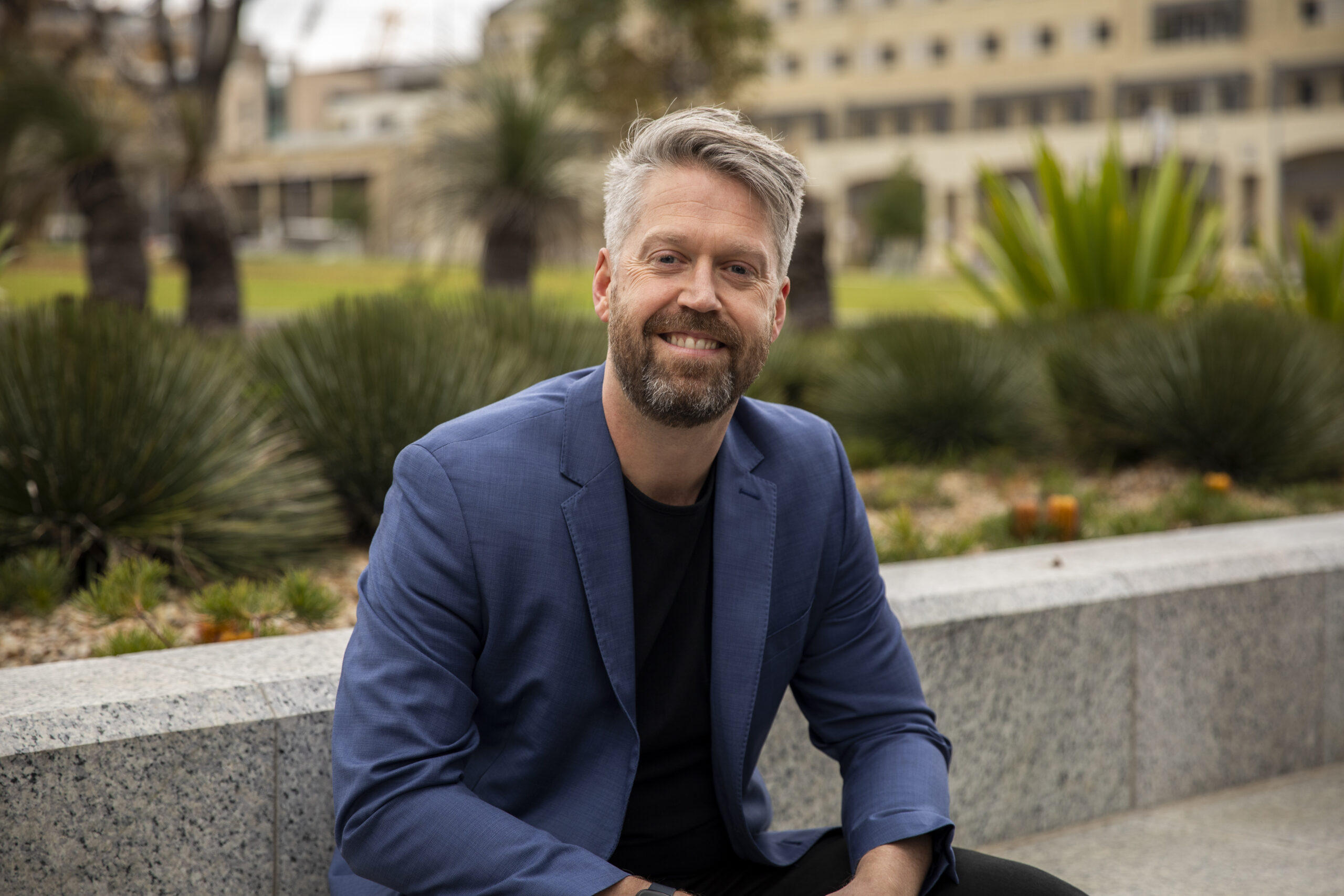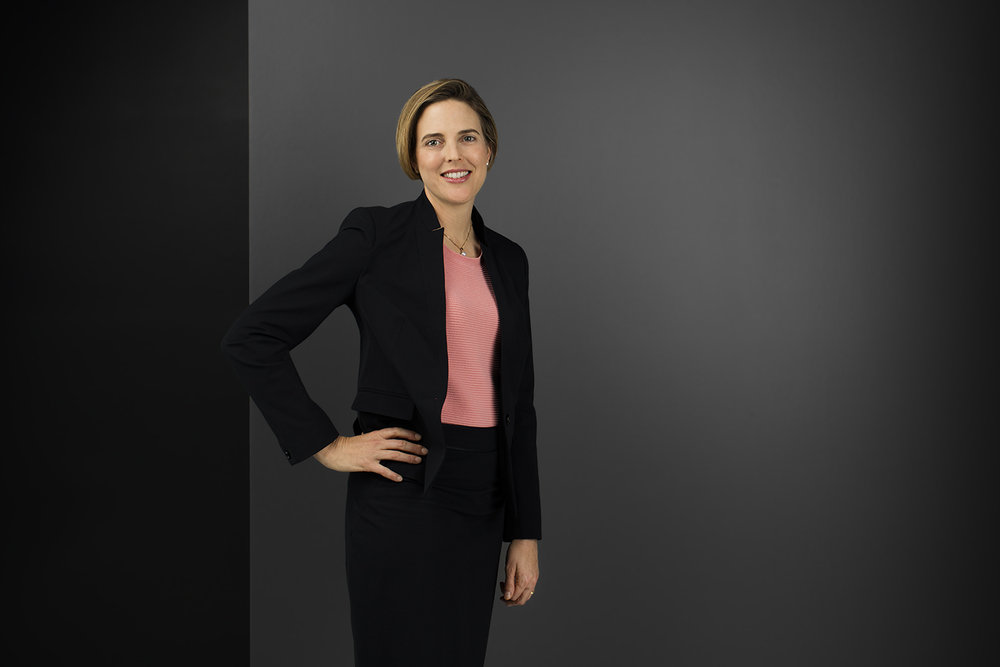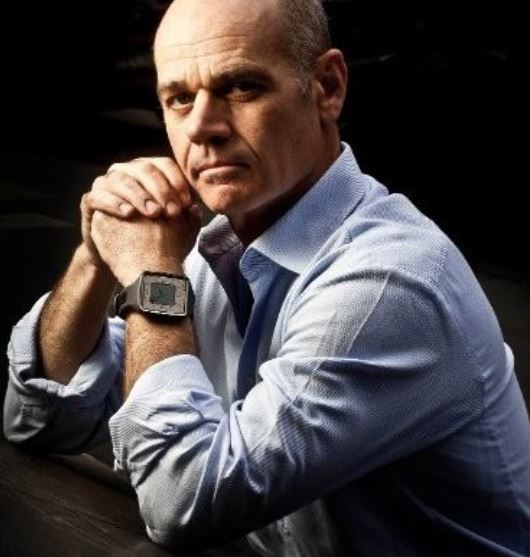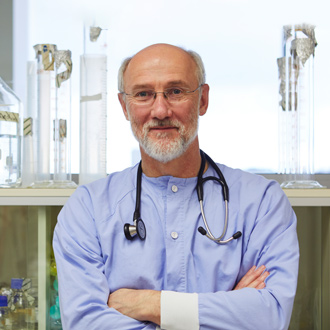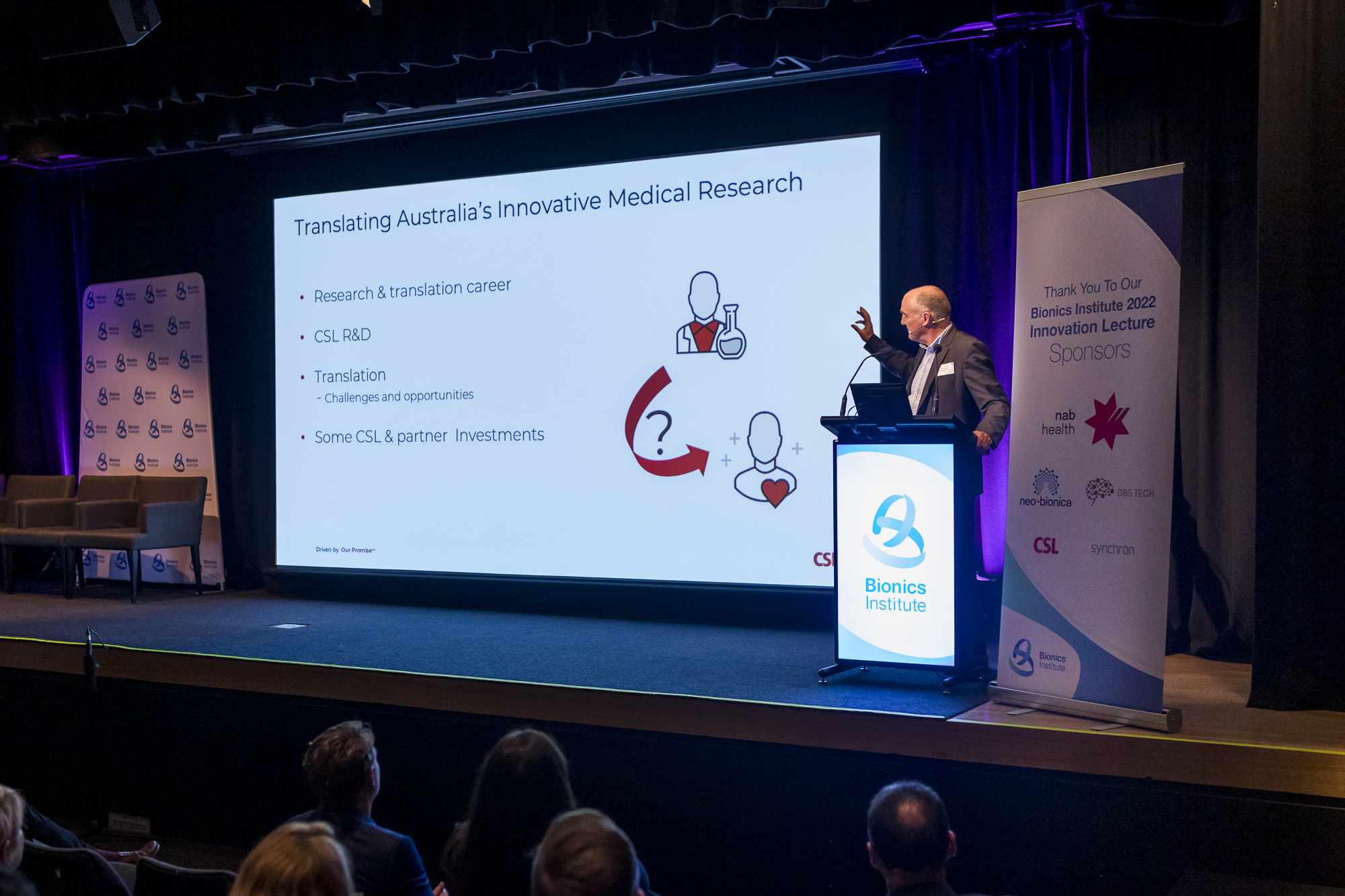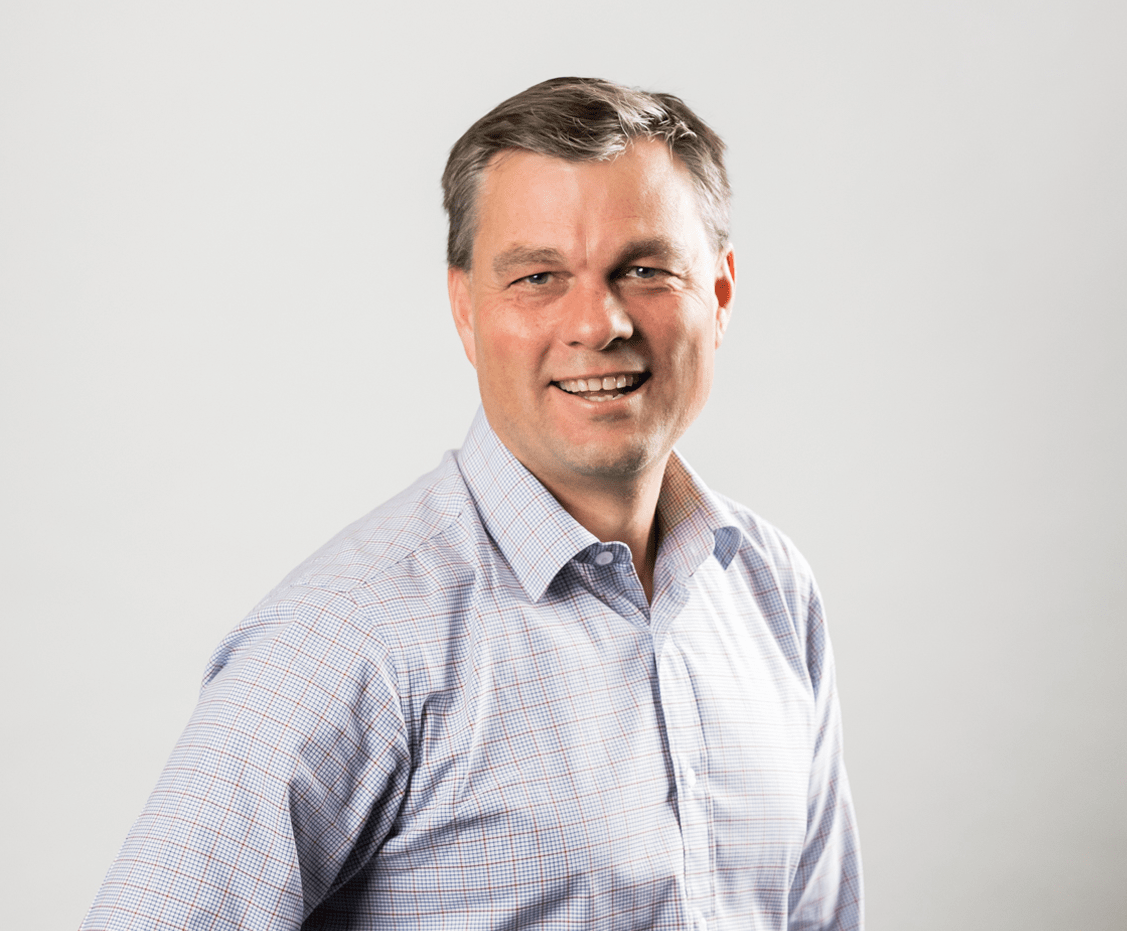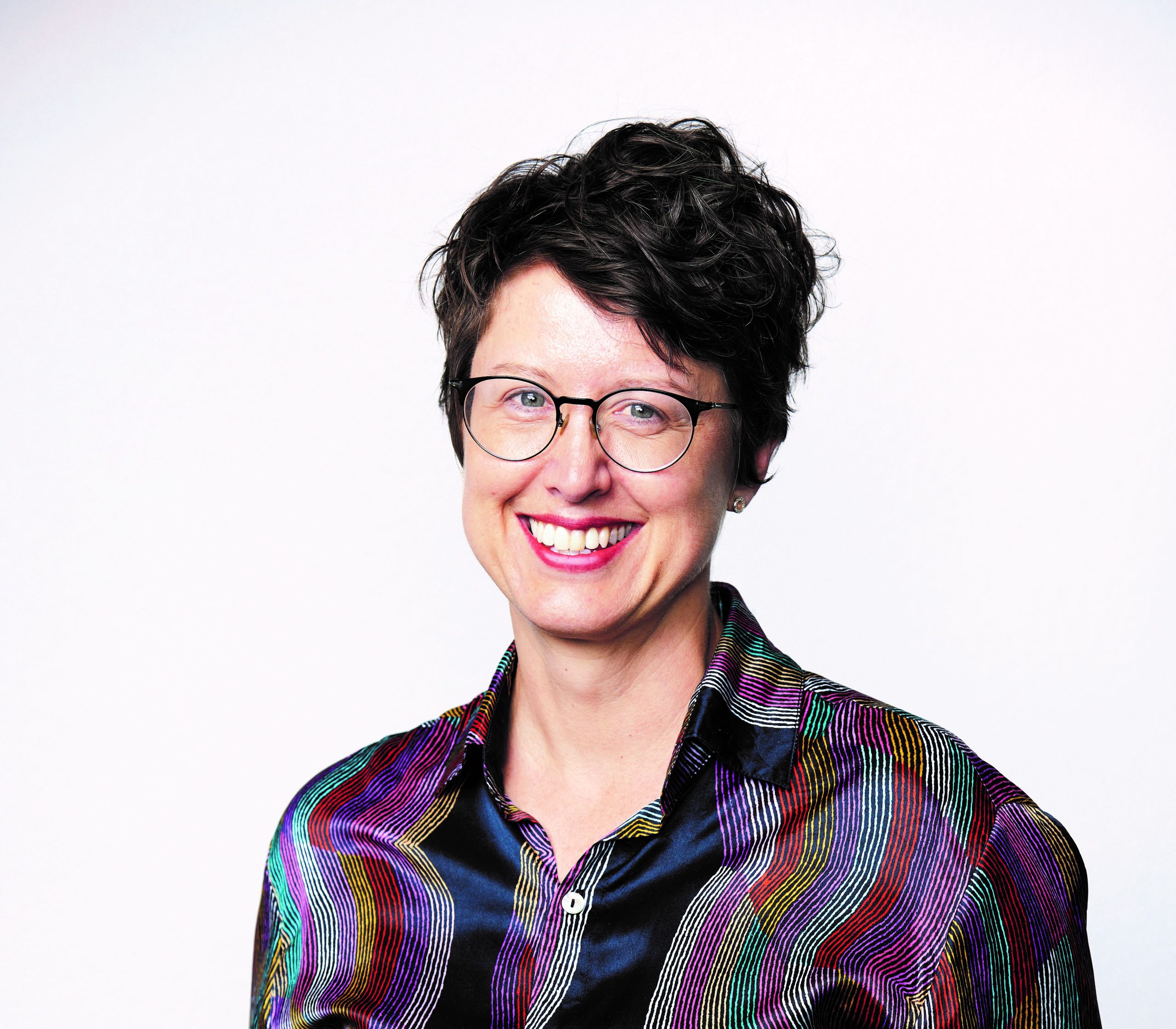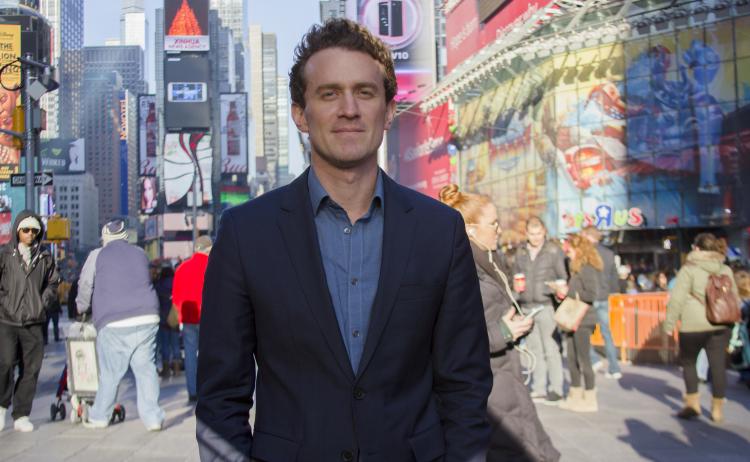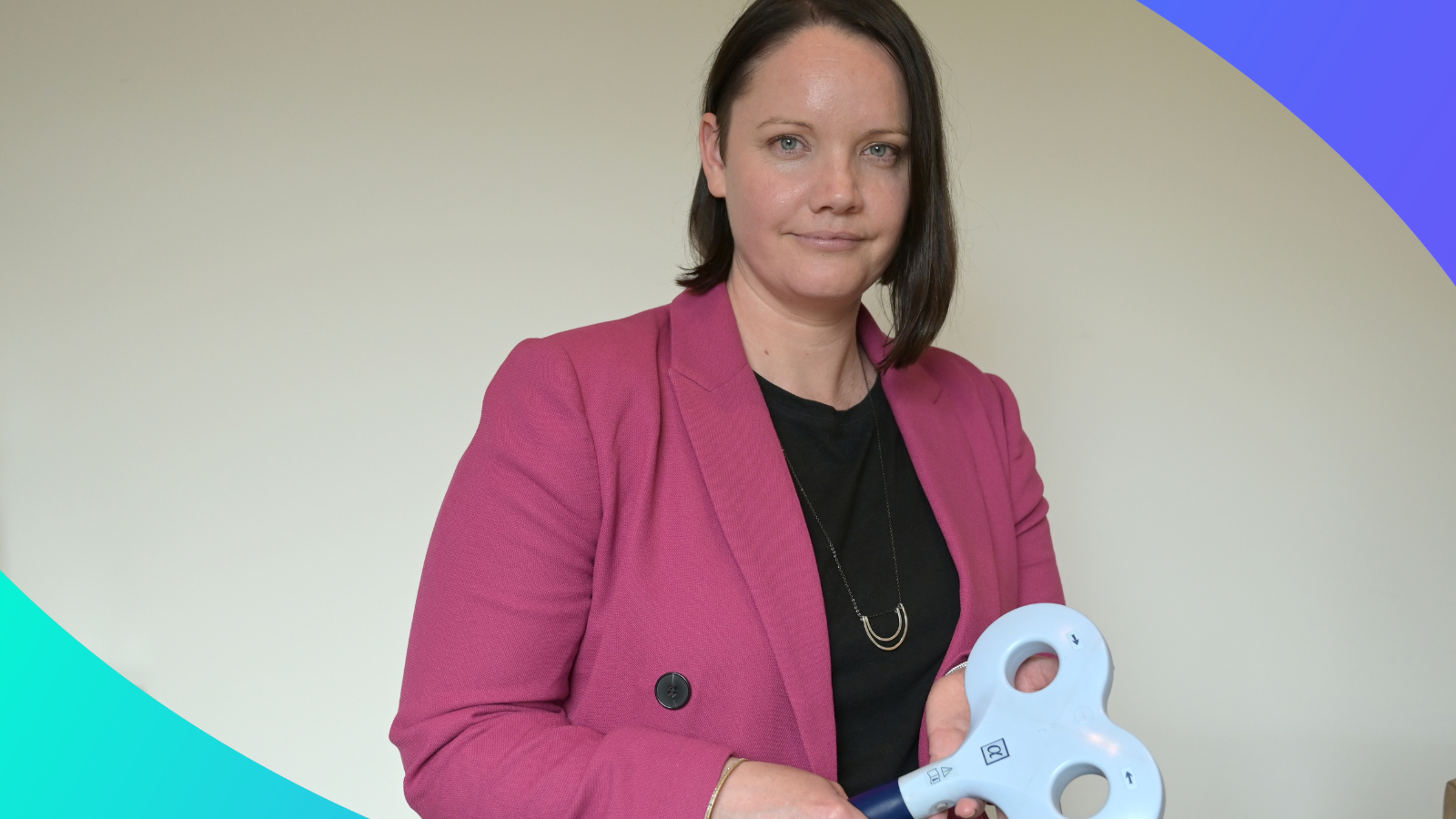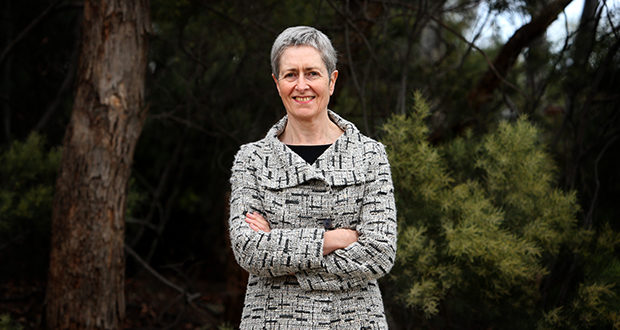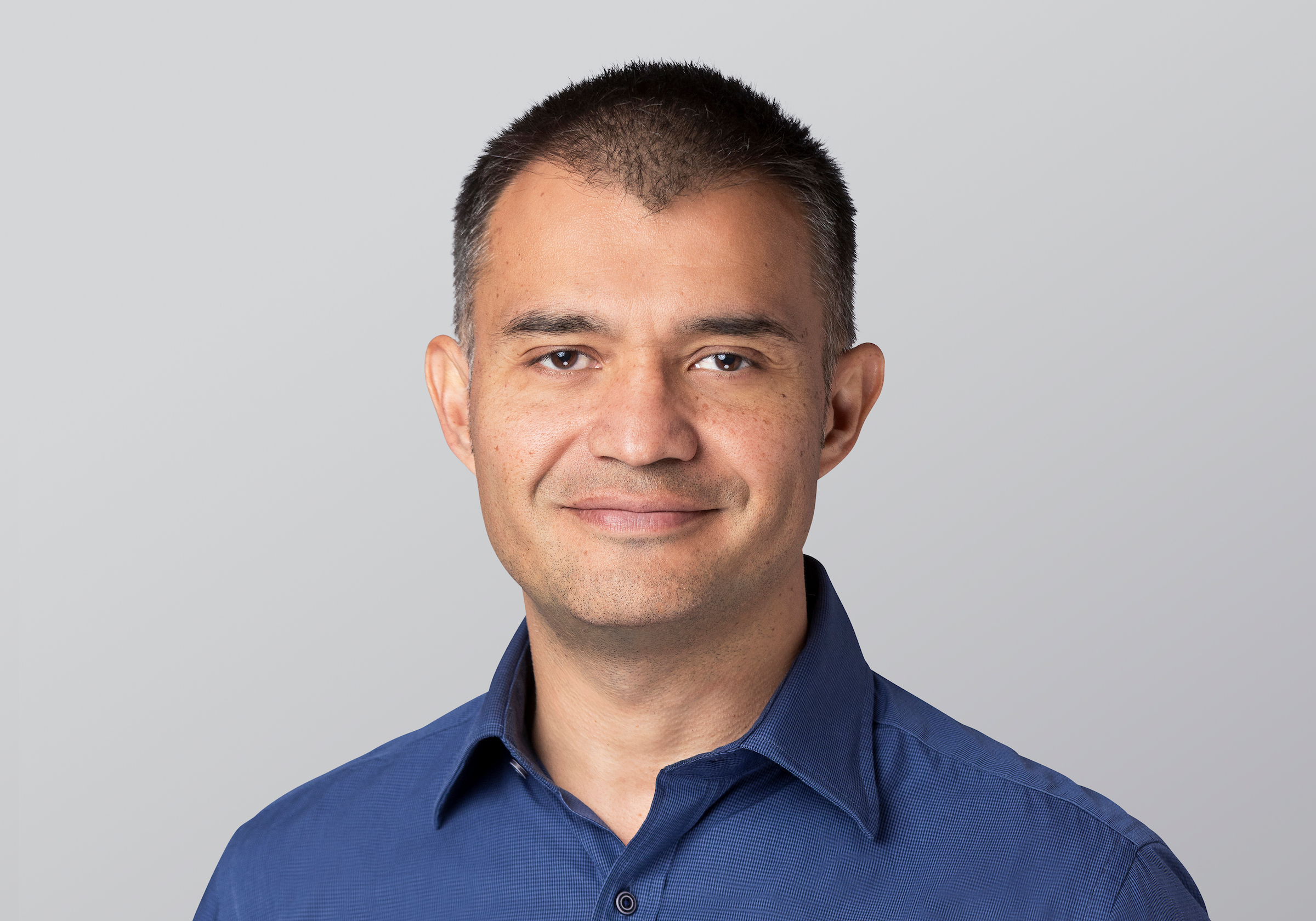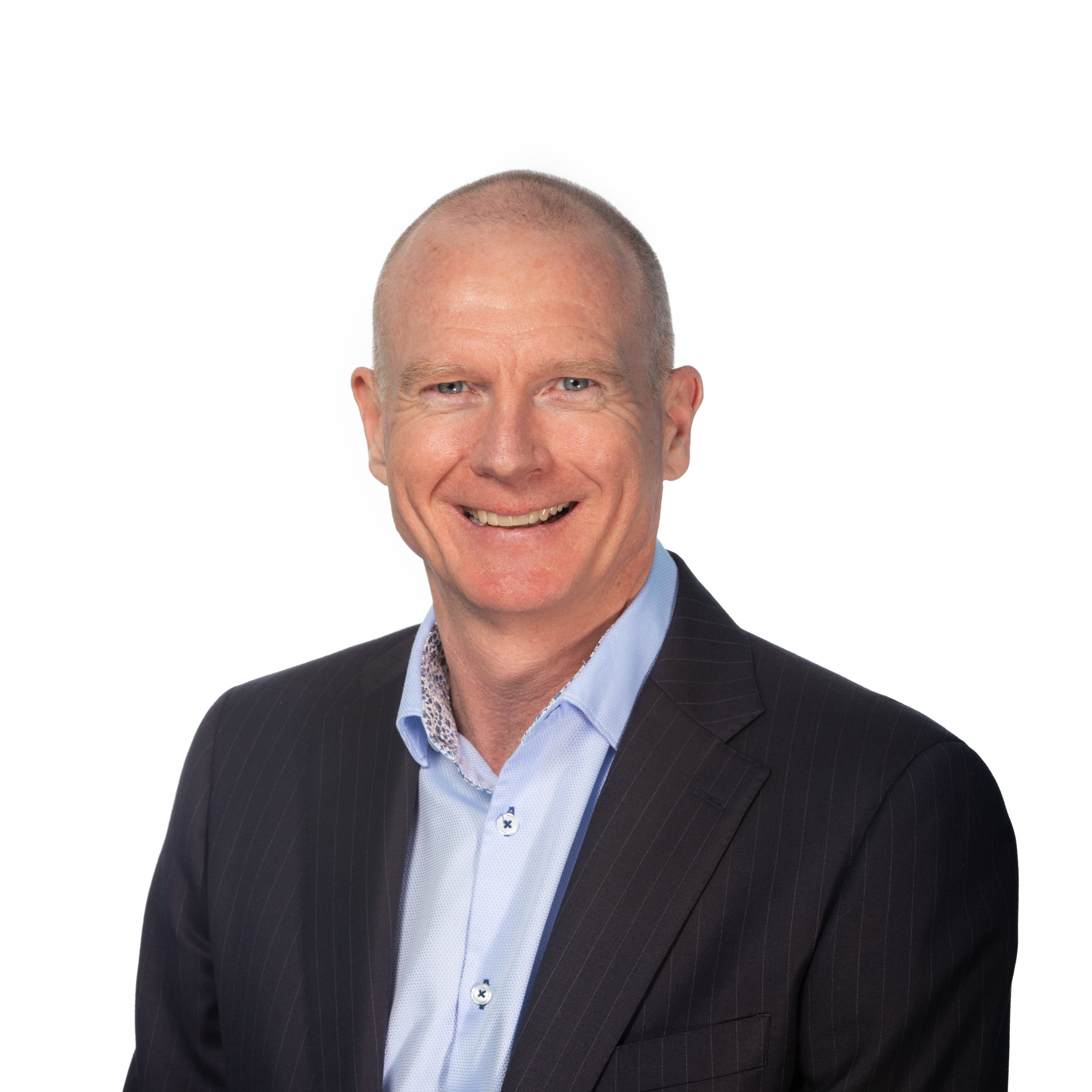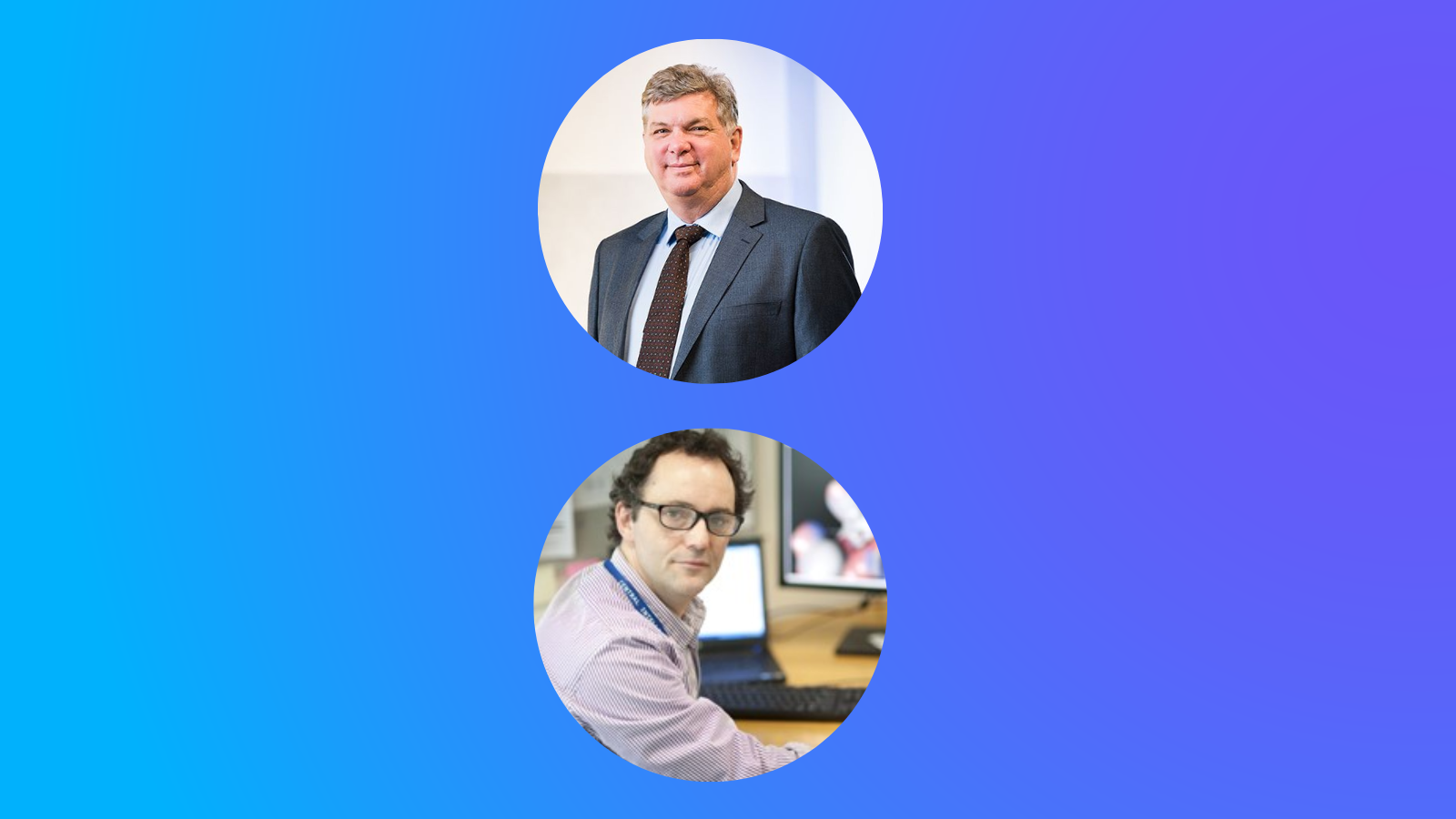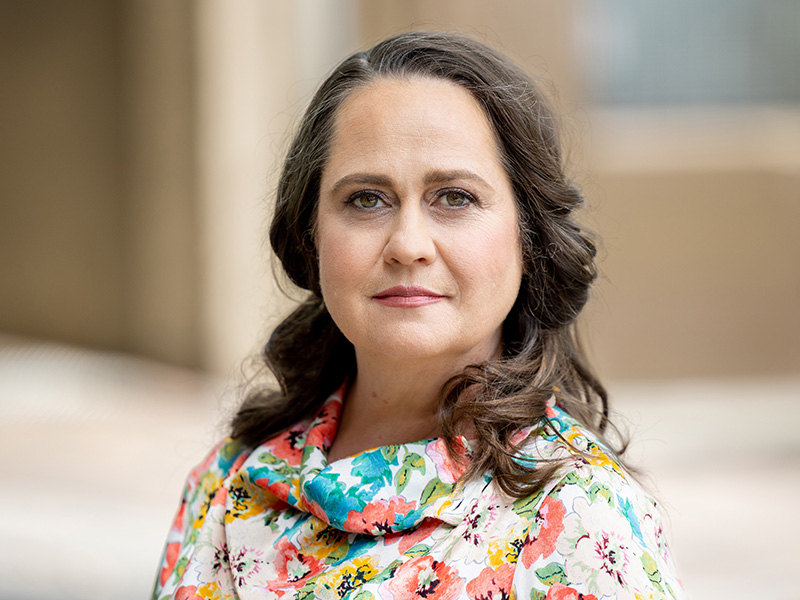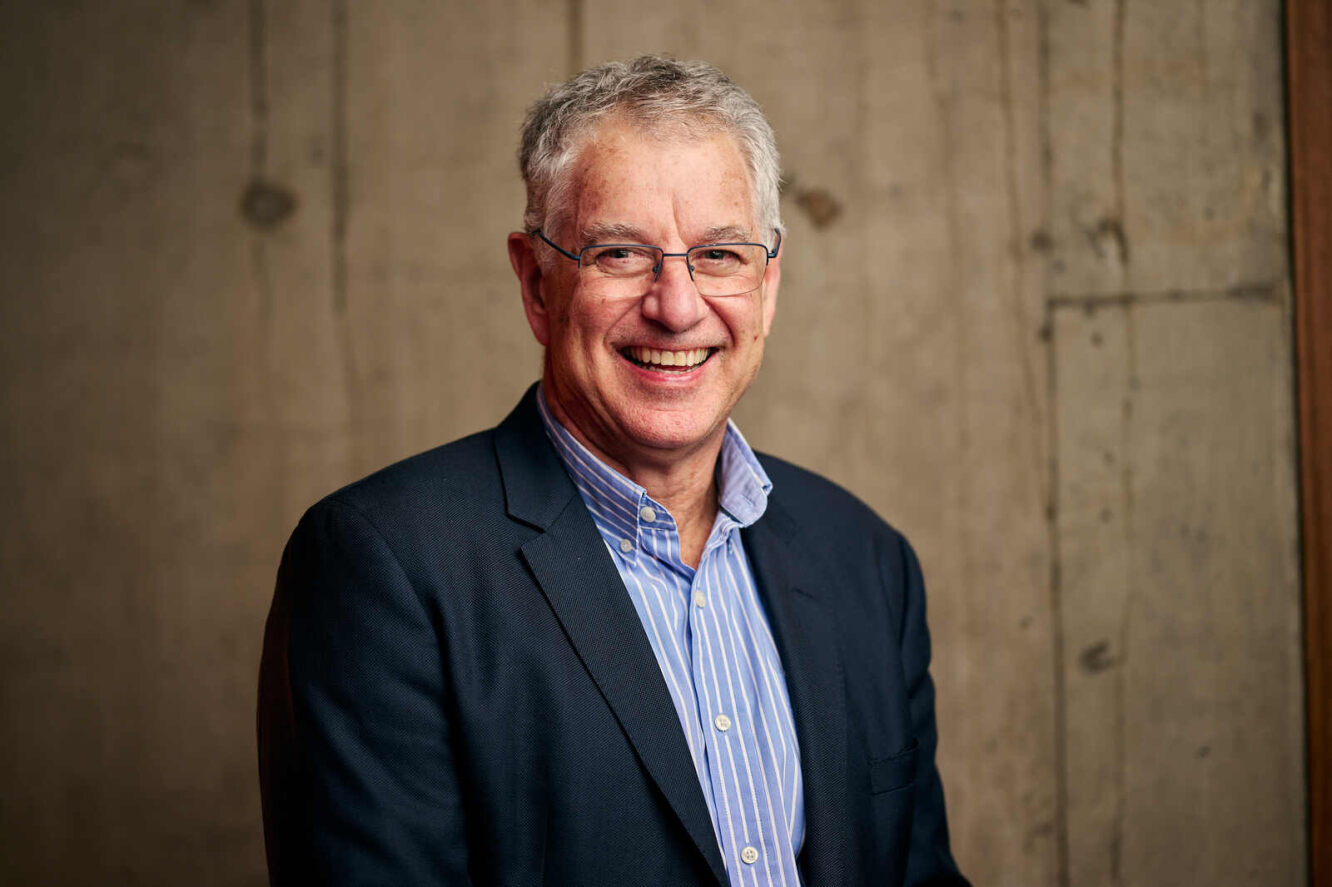Med Tech Talks
How to talk to a venture capitalist with Sarah Meibusch
Sarah Meibusch specialises in sourcing life science companies and, using her global entrepreneurial and executional experience, plays a key role in shaping their future.
In this episode you will hear about:
More information:
Take a look at One Ventures’ website
Learn more about Sarah Meibusch
Sarah Meibusch [00:02:12] Oh, thanks very much, Robert. It’s wonderful to be here and I don’t know where we go from there. That’s quite the introduction.
Robert Klupacs [00:02:20] Well, we’ve got a few questions as a tease it out. So let’s see where we lead to. But I’m fascinated to see where this journey ends today. But as you know, I’ve followed your career for a very long time, and I’m really honoured to be able to share that with our listeners today. So let me just jump in. Sarah, when we first met and I was looking at my notes, it was way back in 2007, would or could you have envisaged that 15 years later you’ll be a partner at one of Australia’s most successful venture capital firms, let alone, would you believe that such a venture capital industry would exist?
Sarah Meibusch [00:02:56] The short answer is no. You know, I think I classify myself as an accidental venture capitalist. And if I think back particularly to the time that you and I would have been interacting when I was at Trojan, my interaction with the finance community that they were kind of, first of all, all male, mostly white, all in cufflinks and certainly not a space that I felt that I would even fit into. I did not see myself as a finance person, certainly not a corporate finance person. And earlier in my career, my interaction with venture capital was much the same. So I saw myself as an operational person who really liked to see, I guess, new businesses and new technology get developed and then actually execute. I was actually I was headhunted to work at One Ventures when they launched their sector specific fund in health care in 2017. And they were actually looking for someone like me that had operational background and had done and had worked in technology evaluation as well by a large pharma. And. But the funny thing is, Robert, that after about a year working at One Ventures, I came home and said to my husband, I think I found what I want to do when I grow up. I really actually love working in this space. And, you know, I really like working with these portfolio companies because I get to have that joy of working across a multiple number of different opportunities and actually help them operationally as well. I think for others that are thinking of coming into venture capital, I think it’s really helpful to have come from an operational background. The one thing that surprised me is the finance is really simple and some say you really only need to know grade eight maths. And I think that’s probably right and I can probably vouch for that because my son’s now in grade nine and some of his maths is already beyond me. But yeah, I mean I wouldn’t have envisaged it. And I think it just goes to show that as you think about your career, don’t think of it as a destination, think of it as a journey.
Robert Klupacs [00:05:15] Well, great advice. And you always knew you were destined for greatness and never quite sure where you’d finished up. Sarah, to be honest. My next question for you is I’m I guess I’ve known of One Ventures for a long time, but I’m not sure a lot of our listeners who are listening to this podcast would be aware of One Ventures. So could you detail to them the mission of One Ventures, your specific role there, and the methodology you use for selecting and growing the investments that you make?
Sarah Meibusch [00:05:46] Yeah. So. So One Ventures was founded by people like me. They weren’t founded by deep financial type people. They were founded by Michelle Decker and Marie Burchell and Paul Kelly. So two women and a guy, so culturally quite different to everything with them. And they founded it because they had grown and exited companies themselves. So our mission really is we back outstanding teams. We look for sound business models, strong forecasts with a global potential and opportunities to disrupt something. And then what we plan to do is then inject our know-how, our entrepreneurial spirit, and take them from being, you know, like a standout performer now into something that’s global in the life sciences sector.We’re looking for technology that’s truly game changing. It has to be either first-in-class or best-in-class. It has to meet an unmet medical need, but it also needs to meet the mandate of our funds and return funds in the lifetime of that particular fund.
Robert Klupacs [00:06:54] And so that’s a great insight and very helpful because the other question, the next question I was going to ask you was asked to be my colleagues, because when I told them that you were coming on, they all asked me the same thing. What advice can you give to any academics, entrepreneurs and executives in the life science industry about how to engage with investors in, in particular, V.C., both at the pitch stage, the negotiation stage, and then when they finally made it. How do you manage them through the process?
Sarah Meibusch [00:07:25] Well, I’d probably say, you know, first of all, don’t think about managing them. But let me let me just come back a bit and say the first most important thing is that you need to understand the investor’s mandate first. So most invest in most venture funds, their mandate that the funds that they have under management are on their website. So look at them carefully, see what stage they are in, in various funds, and therefore think about what you have and whether what you have carefully fits what they are looking for. Then when you contact us, don’t just say ‘Hi, Sarah Meibsuch on LinkedIn. We want to catch up for a coffee or phone call and I can tell you about my company, the challenges. We’re all really, really busy, so you need to put your pitch really succinctly into that email. You need to say what it is you’re asking for and what it is, and email it specifically to a person or or unit. Contact them at a conference, specifically in person. And then when you have the opportunity to pitch, one of the things that I recommend people do is really understand the process of the investor that you’re talking to and understand what they want to get out of the meeting. So, I’ve done I’ve done a couple of other presentations on sort of tips of what to put into it and, and how you know and how to be, you know, and what are the kind of top things you need to put in. But one of the things I do when when we take pitch meetings so we say, Robert, we see probably between two to three hundred different life science-only focussed opportunities a year, about once a week we take a pitch. So that’s about… probably ends up being about 40 or 45 pitches in the year. And before that pitch happens, whoever sort of taking the lead on that particular enquiry, if it’s me, I’ll actually send out tips to that investor that says, ‘These are the things that we want to see you cover’. They’ll be you know, ‘it’ll be a 45 minute time slot. You’ll have half an hour to deliver these these key things, please’. And then we’ll have Q&A for 15 minutes. I find that’s really helpful because that then help them understand what they need to deliver. And it helps us with our process to quickly determine, is it relevant for our fund mandate? Is it something we want to put on our watch list for the future or is it… and we also get to guide the people as well. So I think the other thing when you are pitching to a base is to be honest and be authentic and it’s okay not to know the answer.
Robert Klupacs [00:10:02] Fantastic advice. Fantastic advice. Just a follow up from that. So this podcast is directed primarily to med tech and my understanding of One Ventures is you’re more biotech than med tech, but I think you had made some fintech investments? Assuming that I’m correct, is there anything specific about med tech as opposed to biotech that you look for when you are having people pitch to you?
Sarah Meibusch [00:10:26] Well, we have made med tech investment, so we’ve got in our portfolio, it’s not all therapeutics by any means. We have one of our largest investments that that’s been very successful is a company called Vaccines that’s delivering… it’s developing a microarray patch to deliver vaccine to out at a I guess a shelf stable, potentially self-administered application. We have another one called by Evercore that’s a total artificial heart that know I guess pretty med tech focussed. And then we have digital tech as well. So we have some that are… we have an investment in a company called Luminary that’s a digital health company sitting in that NDIS space and working also largely with with autism patients. We have and then we also have a credit investment in a company called Beacon Optus that that actually is an online digital health company that sells and marketplace to sell products to, you know, to, to people that they might not otherwise want to go to the doctor for. So, you know, women’s health and men’s health products. So we do invest in that space. And I think that, you know, maybe it doesn’t come across clearly. And that’s useful to understand in terms of things that are specific for them as they’re thinking about pitching to us. Is that one of the most important things? Is that for us? We typically, if we’re doing an equity investment, we need to see that we can put enough capital to work. We don’t invest super early stage. We like to see things that are a little bit further advanced because we need to put 10 to 25 million AUD to work and we usually like to syndicate with other investors. And when you think about that, we also want to say a ten times multiple of that in the fund horizon, knowing that not all of our investments are going to be successful. So one or two need to make up for the others. So when you add those elements together, what we need to see are things that are a little bit further advanced. Where our first check is, is maybe a series A, but more likely a series based. And so perhaps that’s that’s the space where you might you might say that some, you know, med tech things probably need to be a little bit further advanced then then perhaps things that might be therapeutics that are that are ready to be scaled up and go into the clinic.
Robert Klupacs [00:13:03] So I think some of the some of the Med Tech’s that we’ve got, which we are incubating, three of them are now going past series and then looking for series B investment later this year linked to FDA approval. So I’m assuming that’s the right time to come and have a chat to you or hopefully be invited to come and have a chat to you?
Sarah Meibusch [00:13:21] Yeah. Well, I mean, I think just reach out and that’s that’s the key here, right? You know, I don’t know what exists if I don’t, if we don’t get contacted, we spend a bit of time doing proactive searching, but not very much. Most of most of our enquiries are incoming.
Robert Klupacs [00:13:39] Don’t worry, we’ll reach out to you, Sarah, because we’re pretty proud of that and you have come a long way. But clearly what I’ve found, at least in my history that you think is fantastic, and then you put it in fun and people like you, and you see things very clearly and quite dispassionately and you give great feedback. And the challenge for people like me is to actually not get offended when you get told your baby’s ugly or you can make it much prettier. But, you know, it’s a process and I know you don’t take these things personally, but I think there are listeners hearing from such a well-respected voice like you. I hope they’re taking all this on board.
Sarah Meibusch [00:14:15] Yeah, look, I think, I mean, I worked as you did for a long time in business development, so I’m used to receiving a lot of notes when I was on the sell side. And I think you learn a lot from the notes. If you can get more than just a ‘no‘ out of the organisation. And within my team, our team, we really do try to make sure that we give more than just a single word answer and give some feedback of why doesn’t work for us, doesn’t we’re not always right either. Right. You know, and you take our piece of advice and everyone else’s piece of advice, and somewhere in there you might find a murky truth. Yeah, but, you know, we do our bit.
Robert Klupacs [00:14:58] Oh, that’s good. I just wanted to sort of get your view holistically at the moment. So by tech and life sciences in valuations across the world I think is about 60% down on the biotech indexes and the IPO window currently in the US and it’s pretty much shut. Can you give our listeners, you know, your views into what’s actually going on in the VC sector represent in Australia particularly like I saw an article yesterday in the AFR that said that they see investments are down 75% across Australia this year. It is, you know, a trend or did you see it as a blip while people conserve cash, hoping that they’re going to come out the other end fairly soon?
Sarah Meibusch [00:15:38] Yeah, well, I think. Maybe first I can give you a bit of a view of the kind of how, you know, some stats on kind of a global market and then I’ll come back to reflect on how that impacts where we are in Australia from our perspective. And then I can say lastly what we’re saying. So you’re right, that XP, which is the Nasdaq biotech index, is down at not quite at an all time low, but it’s declined 60%, I guess, from from its peak in February 2021 to its lowest day this year, with 60% down on that on May 18. The other aspect here is that the the CBOE Index, which is the measure of volatility in the market or kind of like the fear index is trading well above 20 and has been all year. So that means that there’s a huge amount of volatility. So we know that in 2020 and in 2021 in the US, there were more IPOs. It was an extraordinarily large IPO money, large, largely open IPO markets up until about the middle of last year. And the class but the class of 2021 IPO and now more than 90% down on their offering price. So we’re seeing sort of a market in really severe distress internationally. Then when you look at kind of biotech companies and how they’re trading, there are there are more than 200 Nasdaq development stage companies that are trading below their cash. So they’ve got negative enterprise value. So it’s certainly biotech is suffering, just like the wider Nasdaq and index is suffering itself. It fell well before the rest of the market fell. And, you know, it’s it’s certainly not helped with inflation fears and, you know, what’s happening in the geopolitical uncertainty. And it’s just driving a lot of volatility. So. I thought some things towards the end of the last quarter and we’re you know, we’re all hopeful that maybe we’ve hit the bottom with respect to biotech. I think the jury is out with the Nasdaq index more broadly, but with the XP index, it’s sort of just starting to diverge a little bit. And it’s been up. And the thing that’s encouraging here is that the biotech index now seems to be moving up because companies seem to be reacting to positive clinical trial results, whereas in the first half of this year you could put out the best possible result and your stock might still go down. So maybe there’s some possibility of hope there. Robert, I mean, I don’t want to be too too optimistic that there might be we might have hit the bottom in the US, in the biotech markets. So that’s all the public overhang. Right. So and you might say, well, how does that relate to venture capital and then how does that relate to Australia? Well, I think most importantly when you think about venture capital, you’ve got to remember that nowadays there are a lot of funds that invest both in late stage venture capital and invest in public stocks. They’re largely called mezzanine funds, crossover funds. So those sorts of funds in this in largely in the US market. And what’s happened there is they’ve stopped investing in private companies and because there’s so many bargains to be had in the public space. So if you are a company that is in a late stage, you know, looking for, I guess, what would have been a pre IPO round or a crossover round, those those organisations not taking calls from private companies and very few rounds in that space are getting done. So, you know, then that trickles back down further. And so, you know, we we may have had like record high investments over the past ten years, but now we’re starting to see valuations down rounds, really a lot of pressure and a lot more pressure happening right through the venture market. So it’s it it may be turning around on the public market, but we’re still seeing it drifting into that into the private market there. You know, you’re right that the Australian the Australian market has been slower to react to this and the Australian, I guess. But in September I think it was just released yesterday in September that Start-Ups in Australia raised 471 million in September, whereas last year, in the month of September, they raised 1.8 billion. So we’re seeing quite stark numbers of the amount of capital that’s being raised. And as a result, lots of companies that are in the tech space and the tech part of our portfolio are starting to do things like, you know, major layoffs of staff and trying to extend their runways and trying to avoid doing a pricing round and considering something like a convertible note or a, you know, a bridge around. But I don’t want to be all negative. I mean, on the flip side, there’s still a lot of dry powder that is to be deployed Australia and internationally, so deals are still going to get done. They have slowed their dealmaking and are being more careful about what they’re investing in. But I still have to get dollars deployed so the money is still there. So I hope that kind of gives some colour of what what’s happening internationally, locally and also in the VC space.
Robert Klupacs [00:21:36] Fantastic insight. And I think people listening to this might replay this and replay this and replay this because I’ve never heard it spoken o simply inarticulate, as you’ve just told us. Just on to that, though. Obviously, VCs need to have power to deploy, as you said. And one of the things that foreigners always tell me, looking back at Australia, they look at the amount of money in the superannuation industry and they keep asking, well, you know, you’re nation of innovators, you’ve got this great pool of money. Why aren’t you putting more of that into the venture capital asset class? And so could you comment about what ventures you want to invest from and how you’re interacting with the superannuation industries and whether you’re seeing a change in the way they look at venture capital?
Sarah Meibusch [00:22:20] Yeah, look, I mean, I, I don’t look t look after the investment part of our business very much. So I can’t give sort of my own personal anecdotes there because my focus is on our investment part of our organisation, like making investments. But you know, I absolutely it is true that we have far less about pension funds in Australia, our superannuation funds in Australia and venture capital than other parts of the world. I don’t have stats on this, but it does seem like it’s a place that would be ripe for some policy change. I think, you know, we know there are some great policies for tax treatment, for investment in venture capital in Australia, but I’m not certain how well they are able to be accessed by superannuation funds. So for example, most of our funds, but not all of them, under management are structured using early stage venture capital limited partnership, which means that our LPs that invest in our funds can get the can invest without having to be taxed by capital gains tax. So it’s it’s kind of, I guess the government policy saying this is a high risk space. We want to ensure that you can benefit from that. And as a result, the LPs and our funds are largely family offices. And I believe one of the reasons is that they can benefit from this in a way that superannuation funds can’t. This is not a space. That’s my area of expertise. I think it is ripe for change. I think there are many people that have seen this as an opportunity for policy change. But I don’t I don’t know how much movement there is. There is in that in Australia.
Robert Klupacs [00:24:03] I won’t talk about them publicly, but I have seen some change recently in some of the largest super funds, particularly the industry super funds, increasing their exposure, do they say. And hopefully that that is news.
Sarah Meibusch [00:24:15] Yeah, that’s right. That’s right. That’s good. And and even if they’re doing it because they see returns without needing to have kind of, I guess, policy or tax instruments, that’d be great. Exactly. Because certainly that’s that’s the case worldwide.
Robert Klupacs [00:24:29] I just wanted to get your more global views, not necessarily the now, but just as a person who’s been around the the innovation sector for all of your career and we’ve we put some stats together we’re looking at the other day, we know that Australia’s got a fantastic and strong and trustworthy research and development sector and culture, but yet Australia still only ranks 25th out of 132 economies in the Global Innovation Index. From your perspective, seeing all these opportunities in your new role and your previous roles. What do you think Australia needs to do to improve its innovation output?
Sarah Meibusch [00:25:04] It’s it’s this is a really interesting perspective. And what I find interesting is that we culturally in Australia, we love to talk about where we’re not doing so well rather than talk about where we are doing so well. And so I guess I do see, you know, you know, I do see from time to time data that points towards us punching above our weight and in terms of our per capita output. And then I see other measures where, like this one, where you would think that, you know, perhaps we’re punching below our weight. I’m not super familiar with the particular ranking that you’ve that you’ve described. But one of the things that I think we don’t do well, that we could do much better here, is really promote our success stories and think carefully about what success looks like. So, for example, if you go to the Israeli biotech website and and click on their one of their most proud success will be how much Israeli innovations surprised on Nasdaq. Now, those companies are probably not still based in Israel. They may well be based in the US. They may, but it’s an Israeli innovation that is somehow developed and pinned on it. And I’d love to see us actually having a culture where we dwell less on the negative and we stop promoting those opportunities that have been successful. And we need and digging deep on why they’re successful and figuring out what, if anything, we need to do from a policy perspective to ensure we can have more success like that.
Robert Klupacs [00:26:45] It’s really interesting because we’ve had quite a few people on the podcast raised the same type of issues about let’s laud our successes, been there, slap bang at our failures, because failure isn’t a failure, it’s a learning exercise. But there seems to be a gain. A slightly different culture here and the late you’ve gone through it, I’ve gone through it. The last thing you want to do is make a mistake or be deemed to have made a mistake because it’s very hard to come back. Whereas every time and I suspect in your career a slightly different body mind when things went wrong, I get a call from the United States. Well, you’ve had a good learning experience. How about coming across? That doesn’t happen in Australia, although I think that might be changing. But what we’ve been asked to ask you is some of the people on the other side who are fearful of that. So that venture capital is meant to be very high risk investing and high return for them obviously, but they have to view some of them and some of them on this podcast. Venture capitalists here are more conservative than overseas. I’m not sure how they come to that conclusion, but that was the feel they gave us. Is happy to comment on that.
Sarah Meibusch [00:27:49] Well, I think I can’t comment on it from the perspective of other venture investors here or kind of like the venture space as a whole, because I think that’s tricky. I think that one of the challenges we have in Australia is finding those opportunities to invest and that are packaged up and ready to go at the stage that we want to invest in. And the reason being is that we often have great technology, but we don’t necessarily have necessarily got it to a point where, you know, it can take a large enough lick of money that we might be able to invest to take it forward. I really think that’s changed. So there’s there’s more capital available. There’s more programmes available. The number of incubators and accelerators and the number of, you know, I guess earlier stage venture capital groups that have popped up even over the last five years, maybe the last ten, but definitely the last five are not going to change overnight. But I, I think I think that’s a view that’s probably ten years old now in Australia. I think that you’ve got a rich environment of a variety of different capital sources that are willing to take a risk. And if I look at our portfolio, if we weren’t taking a risk, everything would be successful. And so and that’s that’s the way I look at it and I say, you know, it’s something else. And we’re definitely taking sufficient risk. If everything’s successful, then we’re certainly not taking sufficient risk because we are in a risky space now.
Robert Klupacs [00:29:31] Very glad that I’ve got you on the podcast so I can actually have the contrary view presented to everyone. Because dealing with academics every day we have one probably one crack or two cracks in their life. Time to talk to venture capital. And as you know, you invest in very few. So a lot of them get turned away and they get, not bitter, but they get disappointed, shall we say. And that’s coming across. But I think you make a very good point. You’re going to invest in something that has a chance of success, but there’s no guarantee of success. And I think that’s the message that people listening in and I know there’s quite a few young entrepreneurs in particular need to listen listen very closely what Sarah saying, because it’s great advice. I just want to pick up on a point you made before about lauding our success and the Israeli measure from their website about how much money that Israeli innovations attracted in the United States. One of the things that we often lament here in Australia is, well, life science in particular is capital intensive. Your fund has been very successful and is quite large, but still not particularly large compared to international funds. And so to get the money that we all need to take Australian innovation to the end point or into the market many times means that people have to move offshore to get that capital causing a brain drain. Given that one of your limited partners is the Australian Government, what’s your view about that? Is it a good thing or bad thing? Is it the try to keep as much of the technology you invest within Australia so you can build a large scale economy? Or do you just accept that 10% of something is better than 100% of nothing?
Sarah Meibusch [00:31:07] Well, I would controversially say that we need our businesses to stay here. I know that’s really controversial and I appreciate that you know that we want Australian jobs, but let’s factor in Australian jobs separately too, whether we need our businesses to stay here. We work in a global field. The US represents 50% approximately of the of the medical or pharma market and Australia represents 3%. We have an amazing R&D tax incentive that encourages us to keep our R&D efforts in Australia. It also encourages other companies, small companies to come here to and to do the clinical trials here. So those those initiatives are creating a huge number of jobs in Australia. Are we really creating a brain drain if our companies need to access that market for capital, human resources and abilities, if we are also in the same breath bringing new companies into Australia that might be doing their R&D efforts here where where we can, you know, we can access that their expertise and, and gain a much richer ecosystem. So. You know, I think that, you know, I don’t I don’t know that we have a net brain drain. I wonder if that’s actually the case. And I think, you know, there’s it’s it’s it’s a factor of success. And we should we should view it as success. If companies have managed to raise capital and dig deeper into their largest market, whether that be the US or wherever. And and, you know, I think that, you know, we we find in our investment portfolio that many of our companies need to syndicate their investment with U.S. investors. Those U.S. investors don’t just come with money. They come with many hands that have lots of quality networks and inputs to help them be successful. And our technologies then are benefiting from that as well. And also growing the ecosystem here in Australia where it makes sense and is the right place to do, whether it’s manufacturing research, preclinical work or clinical development work. But we’re not the end game, we’re not the market.
Robert Klupacs [00:33:31] I don’t think that’s controversial, although it was very well argued. So I became the listeners take that on board. In the end, if we can increase the pool of talent here, at some point we might be able to do it from Australia. But as you say, you do need to sell into a major market. So very well. My point and I don’t think was controversial, but I’m sure some of my listeners might, might think it was, but that’s good. I might give you a call. Sarah, we’ve reached the end of the podcast today, and I thank you so very much for sharing your insight. Being a bit controversial and telling us actually from the coalface how venture capitalist works. Not everyone in our area really understands that, and we really appreciate you giving us the time to our listeners. I hope you enjoyed listening and I look forward to introducing you to our guests in future podcasts. There are links to everything we’ve talked about in the show notes and we look forward to welcoming you next time.
Listen to other episodes of Med Tech Talks here

